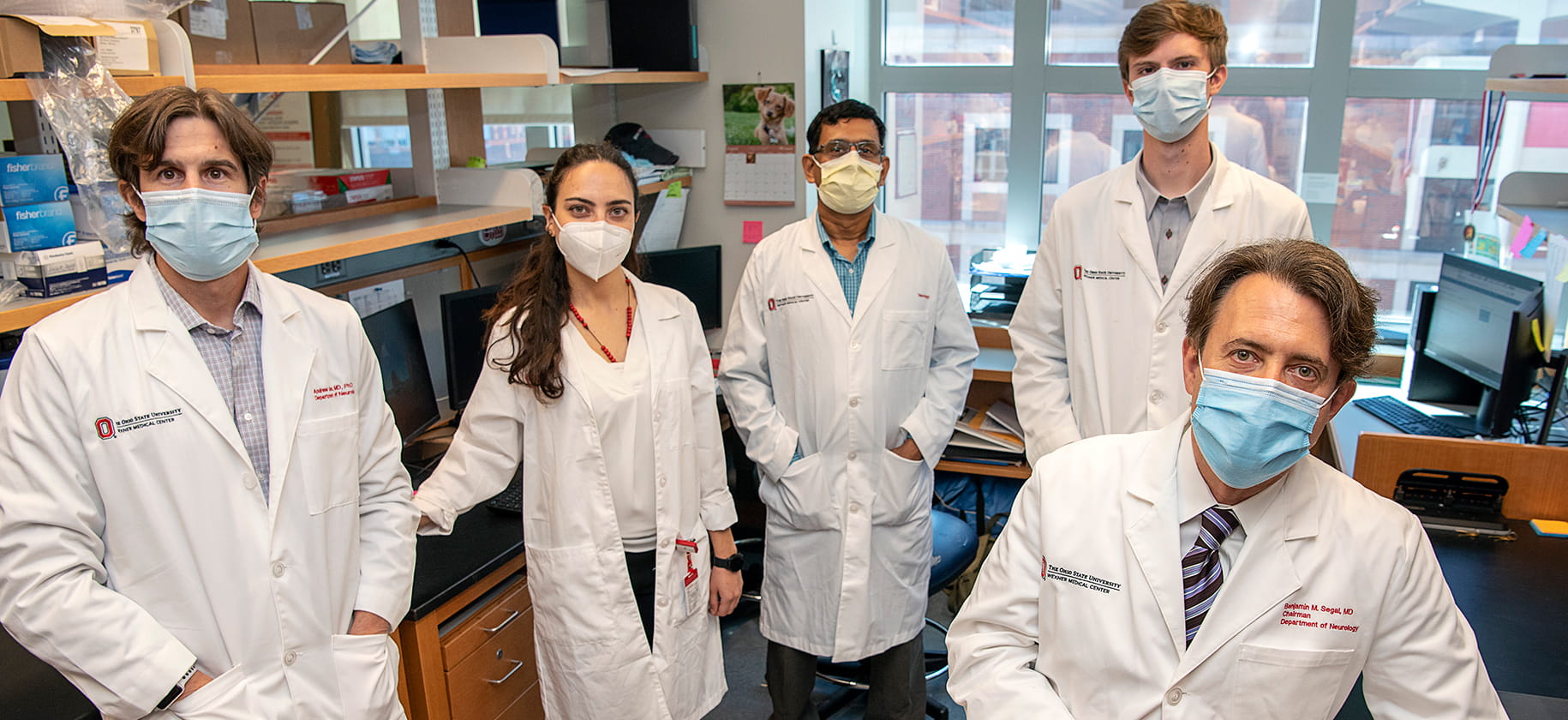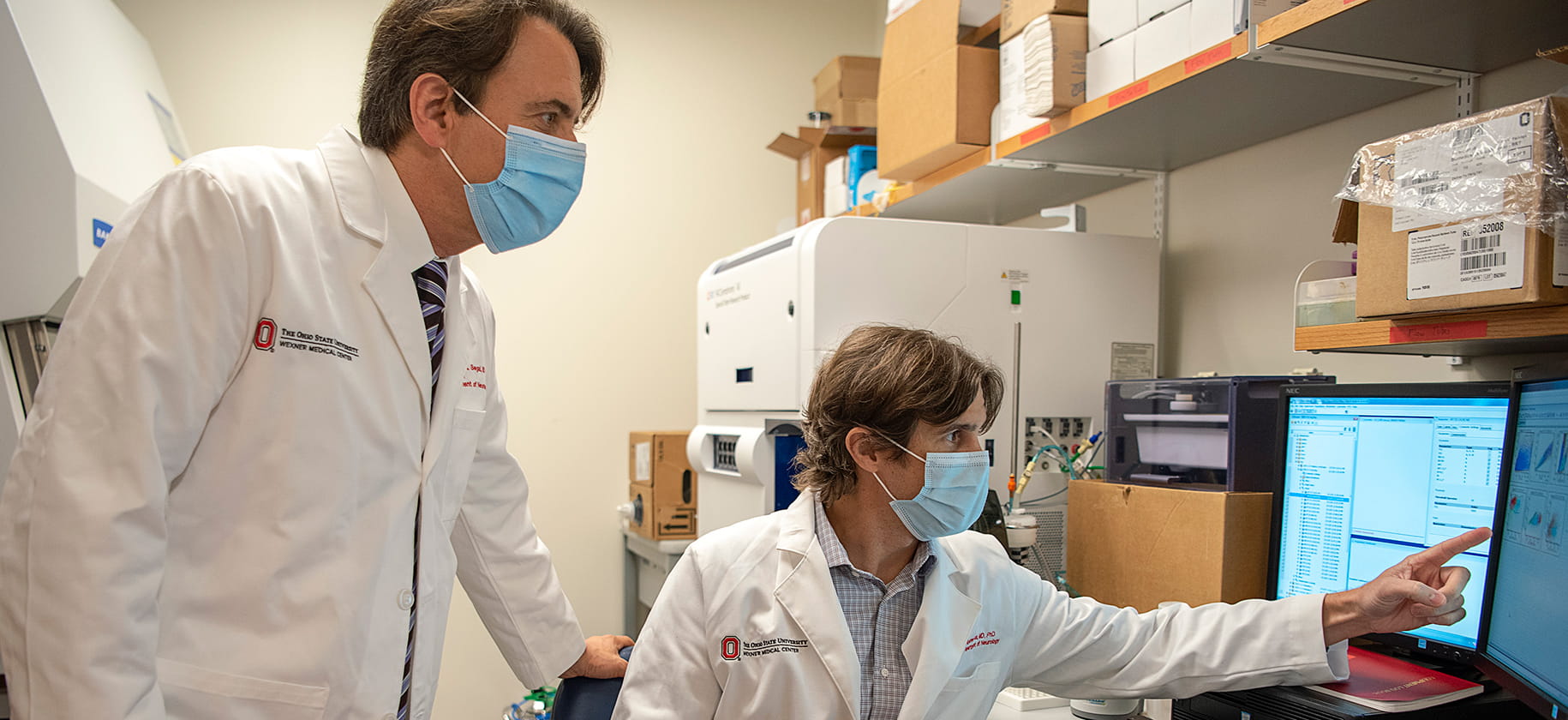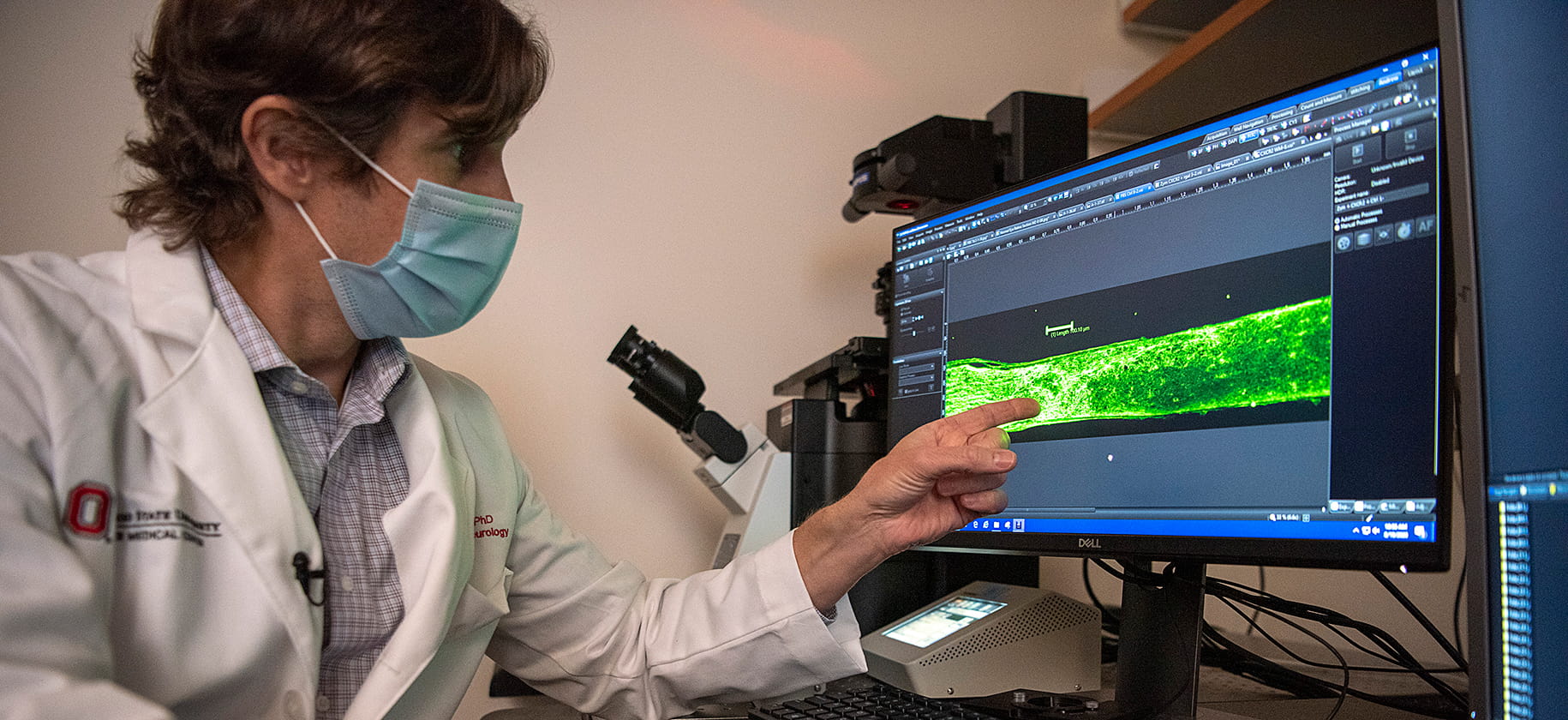Our laboratory studies interactions between the immune system and central nervous system (CNS), both in disease and in repair. Active projects include investigations into the pathogenesis of multiple sclerosis (MS) using the animal model, experimental autoimmune encephalomyelitis, as well as the analysis of patient samples in association with MRI and clinical metrics. We are trying to understand how the immune system is dysregulated in MS, how immune cells gain access to the CNS, and how immune cells interact with glial cells, neurons and axons to either cause damage or initiate disease remission.
Another major interest of the lab is immune-driven CNS repair in the setting of neurodegenerative disease or in the aftermath CNS trauma. We are currently investigating a novel immune cell that has the capacity to prevent neuronal cell death and stimulate the regeneration of severed nerve fibers. In the Segal lab, discoveries about immune-CNS interactions made using animal models are translated into clinical studies, and clinical observations lead to mechanistic studies at the bench.
Ultimately we hope that our research leads to the identification of novel biomarkers and informs the development of innovative immunomodulatory therapies that halt the progression of neurological disability, and even reverse neurological deficits, in MS, brain and spinal cord trauma, and other CNS diseases with an inflammatory component.
Current Research
Breakthrough research shows hope for reversing damage in neurological disease
Multi-Media News Release – October, 26, 2020 | The Ohio State University Wexner Medical Center
WGN-TV – October, 26, 2020 | WGN-TV
Radio Health Journal - December 6, 2020 | Radio Health Journal
Research led by investigators at The Ohio State University Wexner Medical Center provides new hope for recovery from degenerative neurological diseases — such as ALS and multiple sclerosis — as well from as damage caused by traumatic brain and spine injuries and stroke. Dr. Benjamin Segal and Dr. Andrew Sas are quoted.



